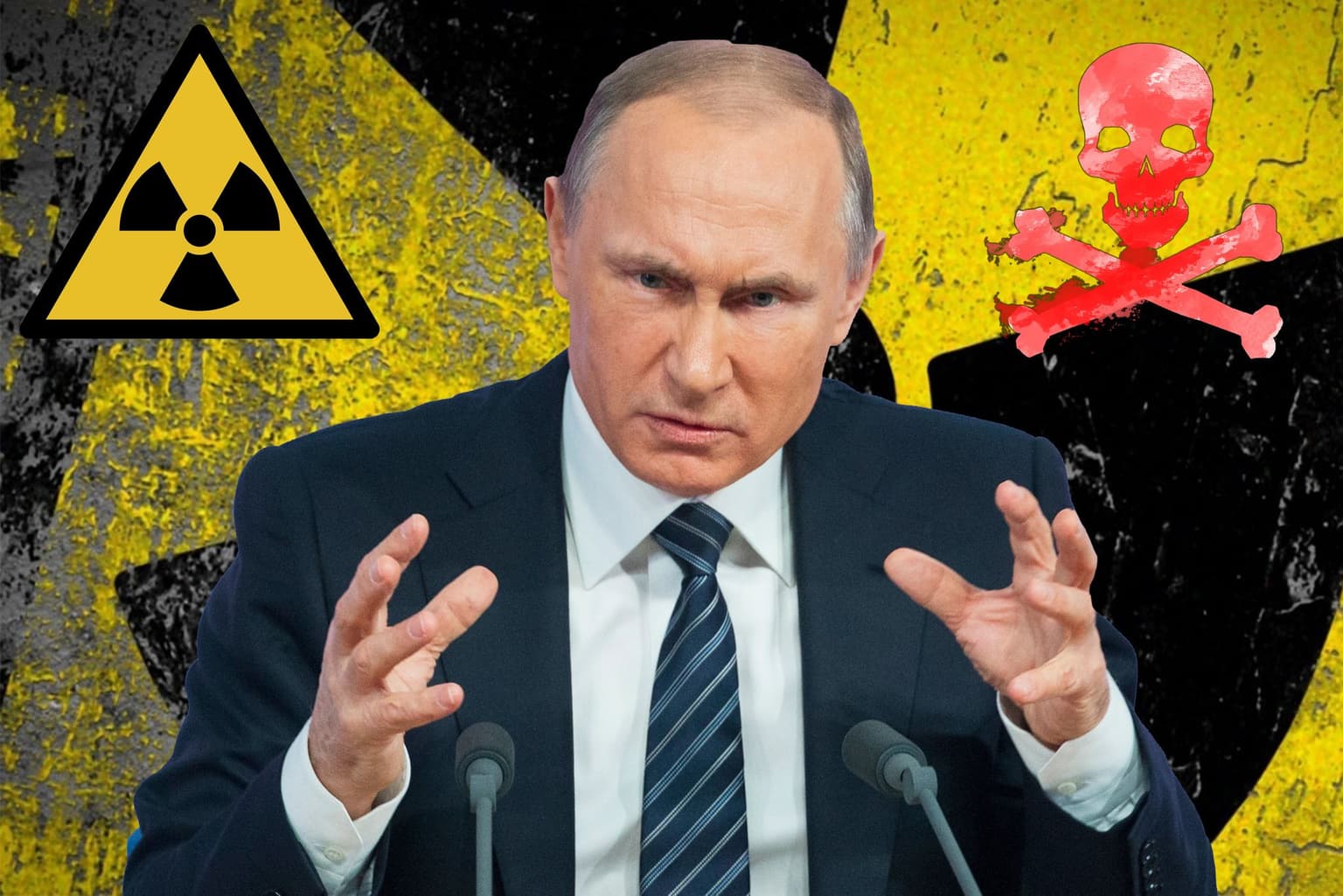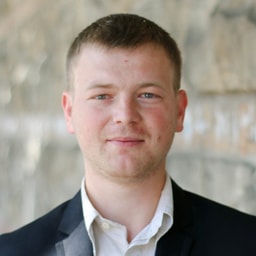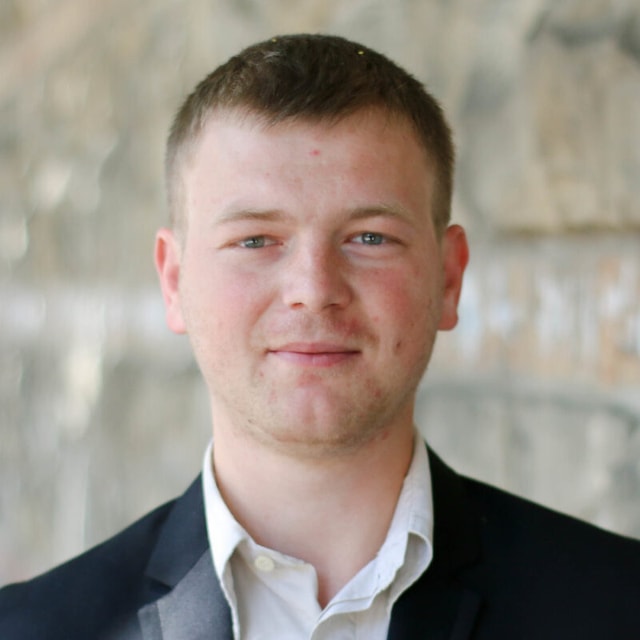Pavlo Lodyn: Putin’s aggression and the threat of environmental catastrophe in Europe

Russia’s treacherous attack on Ukraine shocked the entire civilized world. The planned Blitzkrieg that failed led to the collapse of Russian troops and their transition to terrorist methods of warfare, in violation of the laws and customs of war.
On the first day of the occupation, it became known that the enemy had captured Chornobyl. This is not only about the Chornobyl nuclear power plant itself (95% of radioactive waste in Ukraine was generated during the 1986 catastrophe) or the Shelter facility, but also about the entire exclusion zone with a radius of 32 km. The largest disposal sites for radioactive waste of the repository were seized: Buryakivka, Pidlisny, Vector complex for long-term storage of radioactive waste, spent fuel storage facilities SVYAP-1 and SVYAP-2.
They store 22,000 used nuclear fuel assemblies from nuclear power plants. Taking into consideration the location of this particularly dangerous facility (guarded by 130 National Guard service people), the fierce fighting, most likely, was not the case. The situation with the staff servicing the existing infrastructure is much more alarming, as there are only about 90 people left who were on duty at the time of the seizure. Logistics provided for transit by train from the city of Slavutych to the Chornobyl nuclear power plant through Belarus, which is currently not possible.
Dictator Alexander Lukashenko has not only provided his country with a platform for Russian intervention, but is also blocking the possibility of rotation, jeopardizing support for the facilities maintenance. According to Oksana Ananyeva, an energy policy specialist at the Ekodiya Center for Environmental Initiatives, an increase in gamma radiation levels has been recorded in the exclusion zone, which can also be tracked online. According to her, the reason could be the passage of heavy military equipment that lifted radioactive dust from the soil or leakage. At the same time, the current indicators of gamma radiation do not pose a risk to public health. Also dangerous is the factor of constant flight over the area of military aircraft sent to Kyiv.
Along with this, the occupier is also attacking Energodar and trying to break into the Zaporizhzhya nuclear power plant. The enemy is trying to do so to avoid fire from the Ukrainian military, according to the Ukrainian Interior Ministry. Currently, three of its six units are operating, producing almost 3,000 megawatts of electricity - the normal operation of nuclear power plants, even in martial law, is important to avoid a serious energy, and, therefore humanitarian, catastrophe.
Theoretically, the protection of power plant units provides resistance to man-made and natural threats and even possible aircraft crashes. However, the risks caused by missiles, especially ballistic missiles, are growing significantly, which is what the interventionist is cynically resorting to throughout Ukraine. Stability of energy supply in the area of power plant operation, which is complicated by the conditions of hostilities, is necessary for cooling the rods in the reactors (in case of crisis, diesel generators are available at the stations). We should not forget about the human factor and the stress of uninterrupted work of the personnel under the barrels of Russian submachine guns.
Oksana Ananyeva emphasizes that the IAEA has already been informed about the seizure of the Chornobyl nuclear power plant. This was the subject of an extraordinary meeting of the European Nuclear Safety Regulators Group (ENSREG). The EU could also require access to a group of independent experts to monitor the situation. At the same time, it is now extremely difficult to guarantee their personal safety in the face of constant hostilities.
Ukrainian Energoatom is taking all possible measures and has appealed to the international community to establish a 30-kilometer safety zone around all Ukrainian nuclear power plants. Nuclear power plants, other nuclear and radiation facilities of Ukraine are objects of peaceful use of nuclear energy, and therefore are not intended for hostilities and should not be attacked in accordance with Article 56 of the Additional Protocol to the Geneva Conventions of 12 August 1949 on the Protection of Victims of international armed conflicts, says the state regulator. By such criminal acts, the aggressor is also in fact violating UN principles, referring to the decisions of the
2009 IAEA General Conference. By occupying a nuclear power plant, the occupier does not allow our state to fully comply with the guarantees of nuclear safety, as required by the Convention on the Physical Protection of Nuclear Material and Nuclear Installations of March 3, 1980. We cannot guarantee that nuclear material will not fall into the hands of terrorists.
This situation is particularly tense, taking into account the fact that the aggressor is resorting to increasingly cynical and aggressive attacks on civilians and civilian infrastructure. Moreover, war criminal Vladimir Putin is already threatening the world with nuclear weapons. Therefore, what is happening on Ukrainian territory is not only a tragedy of the Ukrainian people, but also a potential catastrophe for the whole of Europe, which must be averted.









